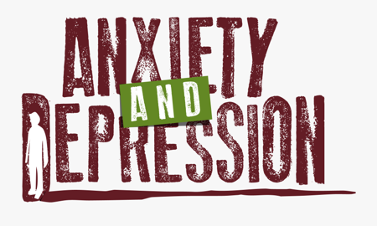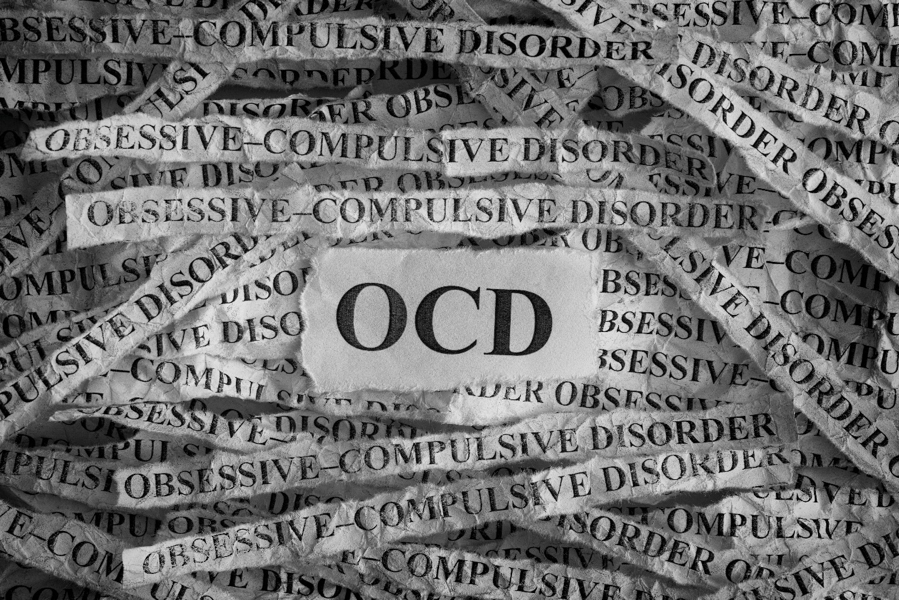You’ve been diagnosed with depression or anxiety (or both). Does that mean you will have it for life? What if you don’t have any symptoms? Are you cured? Before those questions get answered, let’s look at the definition, types, and treatment options for both depression and anxiety.
DEPRESSION

Depression can be generally be defined as prolonged sadness, often interfering with normal everyday function. Symptoms can include tiredness, irritability, and trouble concentrating. Depression can stand alone or go hand-in-hand with anxiety. Forms of depression include clinical, bipolar, and seasonal affective disorder (SAD). Long-term mild depression is known as dysthymia, or PDD (Persistent Depressive Disorder). Several treatments exist to help manage depression, including therapy, medication, and brain stimulation, with options being very tailored to the individual.
ANXIETY

AND THE ANSWER IS….
Back to our question…is either a life-long illness? The short answer is YES. Is there a cure? Unfortunately, no. Despite the many Internet claims to cure both depression and/or anxiety, there is no cure for either. But just because they are considered lifelong conditions, that doesn’t mean that they need to have a negative impact on everyday life. Triggers such as stress, major life change, or physical illness can cause recurrences. With proper management and coping mechanisms, long periods of time between episodes can be achieved and you can live symptom-free. Knowing your individual triggers and how best to either avoid them or manage them when they do surface can make all the difference!



